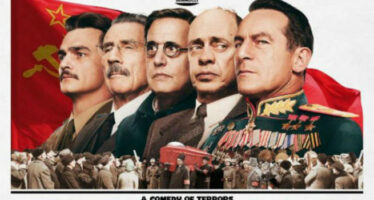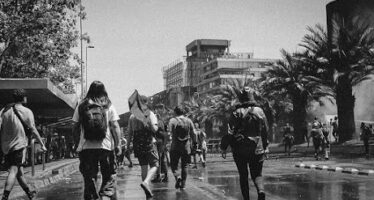The Language Wound – Bilingualism with Kurdish
![]()
“The Language Wound: The use of the mother tongue in education and experiences of Kurdish students”, a study from the Political and Social Research Institute of Diyarybak?r, suggests bilingual and multi-lingual education models and courses to support the literacy of Kurdish-speaking parents.
Children start school and learn Turkish as well as how to write and read.The teacher teaches both Turkish and how to read and write.
The teacher knows Kurdish but speaking the language is forbidden.
The parents only know Kurdish, they cannot communicate with the teacher. For the Kurdish people, this is called “Kula ziman”, the “language wound”. “The Kurdish people are cut off from their right to use their mother tongue in education. This renders the protection and development of the ever dwindling Kurdish language impossible. At the same time, children with Kurdish as their mother tongue are disadvantaged in education and their success at school is influenced negatively. Moreover, social peace is being harmed”. This is a summary of the reasons put forward by Dr Necdet ?pekyüz, President of the Political and Social Research Institute of Diyarybak?r (D?SA) for his research project entitled “The Language Wound: The use of the mother tongue in education and experiences of Kurdish students”. The research was presented in a meeting in Diyarbak?r in the pre-dominantly Kurdish region of south-eastern Turkey last weekend. The workshop was lead by ?emsa Özar as the President of the Initiative for Women’s Labour and Employment (KE?G) and organized by Assist. Prof. Vahap Co?kun from Dicle University (Diyarbak?r), M. ?erif Derince from Sabanc? University (Istanbul) and Assoc. Prof. Nesrin Uçaralar from Yeditepe University (Ist.). The study comprises five different sections under the headings “Nation-State, education and language”, “The Turkish nation-state, education and language”, “Mother tongue in education and experiences of Kurdish students”, “Evaluation of field research findings and theoretical discussion” and “The right to education in the mother tongue – examples from other countries”.
Problems revealed by personal stories “I was introduced to the Turkish language at primary school for the first time. I thought that the whole world would probably speak Kurdish. I had no idea about the existence of different languages” (Ahmet). “We just looked at our teacher. I tried to ask something but I did not manage. I had a friend and asked her to translate for me. Then I was able to ask when there was something I did not understand” (Rojhat). The project tells the story of 43 people from Diyarbak?r, Ankara and Istanbul. Those were “Students starting school with Kurdish”, “Teachers who know and do not know Kurdish” and “Parents who do not know Turkish”. The main problems that emerged from the personal stories were lack of communication, starting with a handicap, failing class and dropping out of school, stigmatization, violence, waiting silently for the end of lesson, whistle-blowing, distinction between the city centre, suburbs and rural areas, the role of parents and displacement of language. The study leans on education models from Corsican/France, the Basque language in Spain and the Uighur language in China to reveal similarities and differences. Recommendations The research project eventually emphasizes that the problem has to be tackled by the public, the state and non-governmental organizations. The report contains several suggestions to students, teachers and parents. Kurdish has to be used in education; this should include models for teacher training regarding bilingual and multi-lingual education. Courses should be provided for students and parents who know Kurdish on literacy in the language. The social and cultural recommendations furthermore focus on the use of the mother tongue in education, raising awareness for the right to bilingualism, broadcasting television productions that help students developing their Kurdish language skills and acquainting people with the necessity and the beauty of different dialects. (NM/EÖ/VK)
Related Articles
ON A DAY THIS WEEK, IN JULY 1972, Ghassan Kanafani
![]()
On a day this week, July 8 1972, the Palestinian social revolutionary and writer, spokesperson for the Popular Front for the Liberation of Palestine (PFLP), died in Beirut, murdered by the Israeli intelligence services – Mossad
‘The Death of Stalin’ Film Review
![]()
Rotten Tomatoes gives director Armando Iannucci’s recently released comedy The Death of Stalin a 96 percent viewer rating
Protests in Chile sour as death toll increases
![]()
Protests in Chile began against public transport fare hikes but have quickly turned into an uprising against President Piñera’s neoliberal




